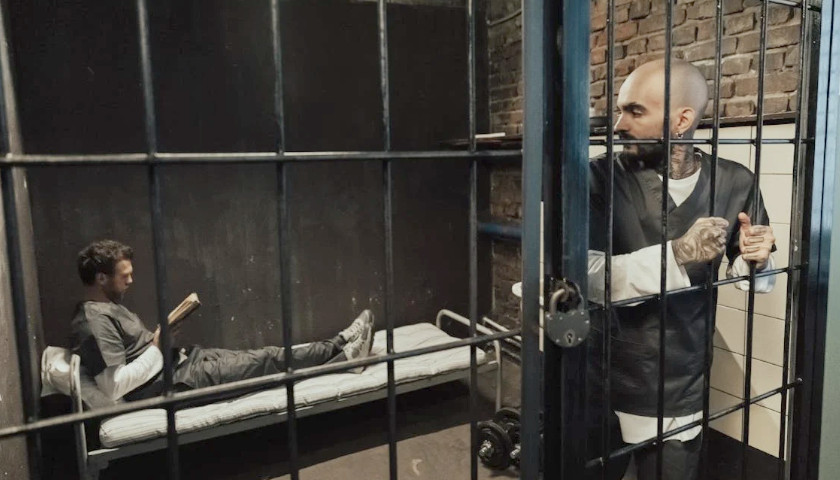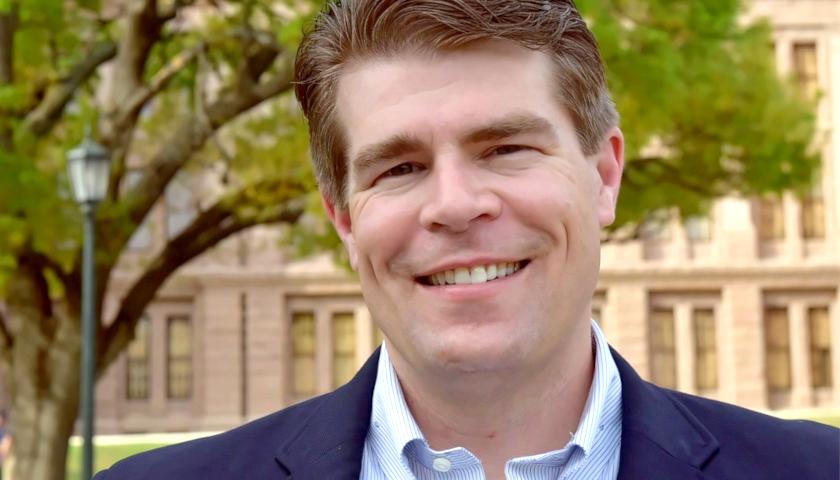Tennessee Attorney General Jonathan Skrmetti on Friday issued a statement celebrating the recent distribution of nearly $81 million accrued through lawsuit settlements against opioid manufacturers.
A press release explained the funding is available as a result of years of litigation against “opioid manufacturers and distributors” by the Tennessee Attorney General’s Office.
“The Tennessee Attorney General’s Office is proud to secure over eighty million dollars in settlement funds to support our state’s efforts combating the opioid epidemic,” said Skrmetti in a statement.
“Our team has been working hard on this for years, and when all is said and done, we will have delivered over a billion dollars in settlement funds,” said Skrmetti regarding his office’s efforts to curtail the prescription opioid crisis through litigation.
The attorney general said, “We are grateful for the work of Tennessee’s Opioid Abatement Council in identifying the best ways to use the settlement funds and will continue fighting to bring accountability to the companies that contributed to the opioid epidemic.”
The attorney general’s office provided a breakdown of how the money will be used in the press release. A total of $32.7 million will be used to treat opioid addiction throughout the state.
About $19 million will be used to support recovery, $12.2 million will be dedicated to prevention, and $8.2 million will be spent on education and training. Tennessee will spend an additional $8 million on harm reduction and $750,000 for research and evaluation.
In total, 116 projects were funded using the funds recovered from lawsuits, with 30 programs “designed for statewide reach.”
Tennessee estimates about 70,000 citizens are addicted to opioids, with addiction remaining at epidemic levels throughout the state. There were 2,388 opioid overdose deaths in 2020, and addiction led to 824 babies born with neonatal abstinence syndrome, when infants experience withdrawal symptoms from drugs they were exposed to in the womb.
A previous opioid lawsuit brought by Tennessee resulted in more than $31.4 million in settlement funds dispersed across Tennessee’s 95 counties. Another lawsuit settlement was announced in September 2023, when Skrmetti’s office revealed Food City agreed to pay $44.5 million over opioid-related misconduct and would “ensure future compliance by providing additional training to pharmacy staff, updating the prescription-validation process, and monitoring and reporting data related to suspicious activity.”
Gallup polling from December 2023 revealed the majority of Americans no longer hold a positive view of the pharmaceutical industry following the years-long opioid epidemic and the industry’s response to the COVID-19 pandemic.
Just 33 percent of respondents told pollsters they had a positive view of the industry, which was down from 54 percent in 2010.
– – –
Tom Pappert is the lead reporter for The Tennessee Star, and also reports for The Georgia Star News, The Virginia Star, and the Arizona Sun Times. Follow Tom on X/Twitter. Email tips to [email protected].
Photo “Jonathan Skrmetti” by Tennessee Attorney General.









What will be the requirements for entry into a treatment program? Hopefully, no outpatient treatment unless it’s follow-up after a 90 day inpatient stay. Maybe in conjunction with halfway house for extended support.
Will Addiction Treatment Providers be based on the AA/ NA models?
Will the Treatment Providers be required to use the 12 step program of AA & NA?
What will be the length of stay in each program?
Does the patient have a choice in which facilities?
Will there be years of required Aftercare programs?
Who will be the Director & overseer monitoring the treatment modalities & quality of Counselors etc.
NO DEI in choosing treatment facilities or employees or patients.
Whats the plan for those who are men or women who think they’re sex is different from their biological bodies?
Hopefully, they will have a specially designed program that will address their delusion about their sex through individual & group psychological sessions to address those issues or it will be a waste of our money.
Recovery is based on Honesty, not Delusion.
The best resource for assistance in the development of a program to address this unusual delusion is Dr Miriam Grossman.
What types of Education & Research will be utilized?
PSAs? School curriculum?